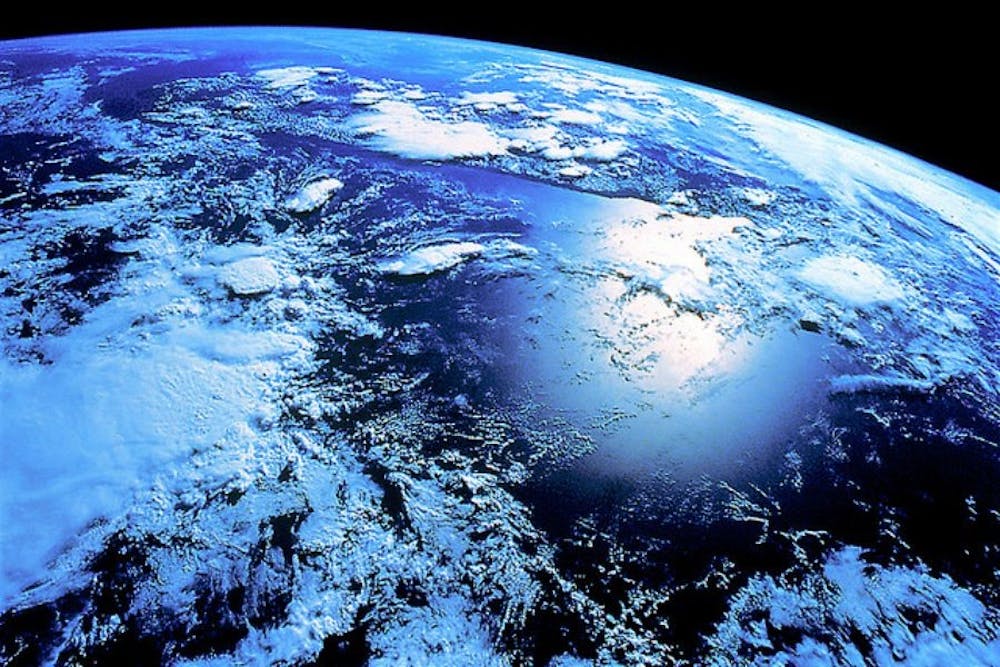One of the greatest intellectual disparities with the current economic system is its lack of appreciation of how the natural world works. It argues that in order to be financially stable, you need growth.
Whether it is GDP, sales or population, if it isn't growing, it's failing.
There's an intrinsic cognitive dissonance with a system that relies solely on growth: while the market needs to grow constantly to succeed, the Earth cannot. The Earth is a finite planet.
While we often think of the market as an obscure and transcendental entity separate from the earth's ecosystem, the opposite is closer to the truth. A world dependent on growth is dependent on population growth. Population growth creates growing demands for food, goods, housing and vehicles.
This in turn creates an ever-growing need for fossil fuels that cause climate change and irreversibly scar the landscape. It may be a positive trend on a spreadsheet, but growth has negative effects on our environment.
The neglect of this reality has led a niche of economists to create a fresh look at our current economic system - ecological economics - and it should completely change the way we view growth.
At its core, ecological economics calls for our economic system to move from its seemingly transcendent place outside of earth's natural barriers and into its ecosystem where the biosphere, not demand, is in control of the material flows. The only catch: the economic system would be one of little to no growth.
At the forefront of this niche is Peter Victor, a professor of economics at York University in Toronto. I had the pleasure of listening to Victor speak last week and to talk to him over coffee (fair trade and local, nonetheless). Victor has proposed several different growth models, each taking into account gross domestic product (GDP), debt to GDP ratio, greenhouse gas emissions, unemployment and poverty.
The first model, one reliant on constant growth, shows just that: a steady increase in GDP per capita and a decrease in the debt to GDP ratio over the next 20 years. However, the 'business as usual' model also shows a rise in greenhouse gas emissions and poverty with unemployment at a standstill - hardly the perfect situation, but the one that we are living every day.
The complete abandonment of growth with little thought is equally discouraging. The GDP per capita crashes into the x-axis as the debt to GDP ratio soars skyward, dragging poverty and unemployment along with it.
In the final model one can see the recipe for a utopian world beginning to take shape. By letting growth (and therefore the GDP per capita) plateau, the debt to GDP ratio takes a sudden descent, followed by greenhouse gas emissions, unemployment and poverty.
In order for this to work, certain government policies need to be implemented. Fossil fuels, a short-term supplement to solar energy, should be diminished. Corrective taxes that would go toward environmental problems should be implemented and there should be a movement away from our consumer economy to one of recycling.
Examples like this can be found all over the world; however, they need to be implemented in a more comprehensive way, not fixed to the current system in a piecemeal fashion. Education about how to do so can start here.
Talk about ecological economics doesn't need to be restrained to a small niche of environmentalists. Economics professors should offer alternative explanations to how a market can be sustained. Our economy can only benefit from this kind of growth.

